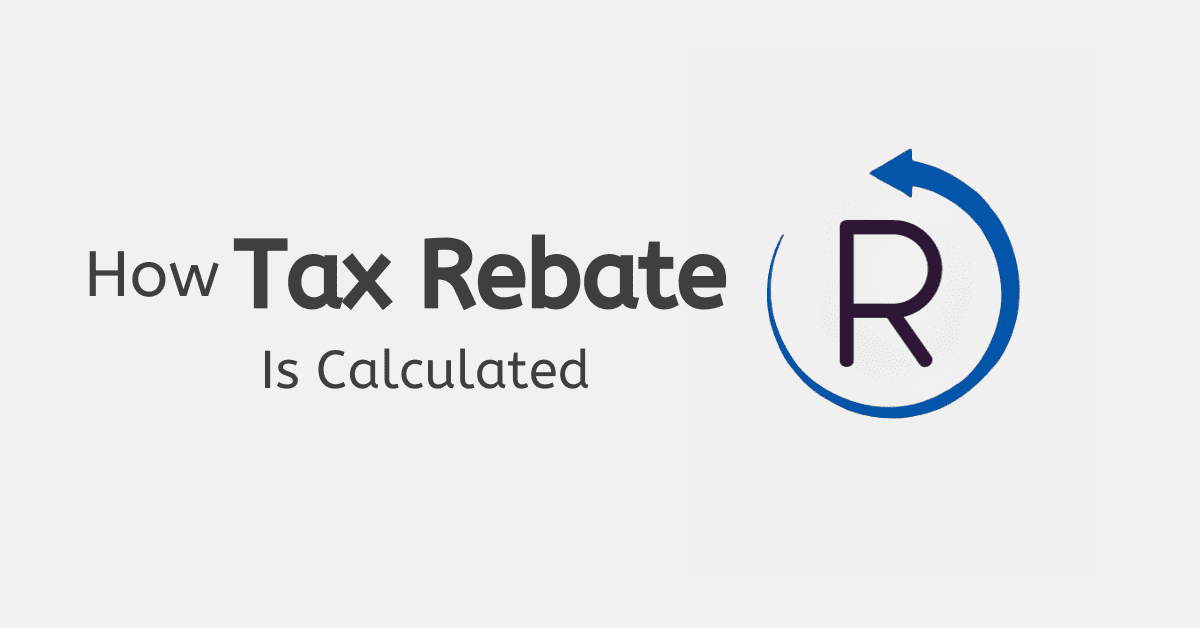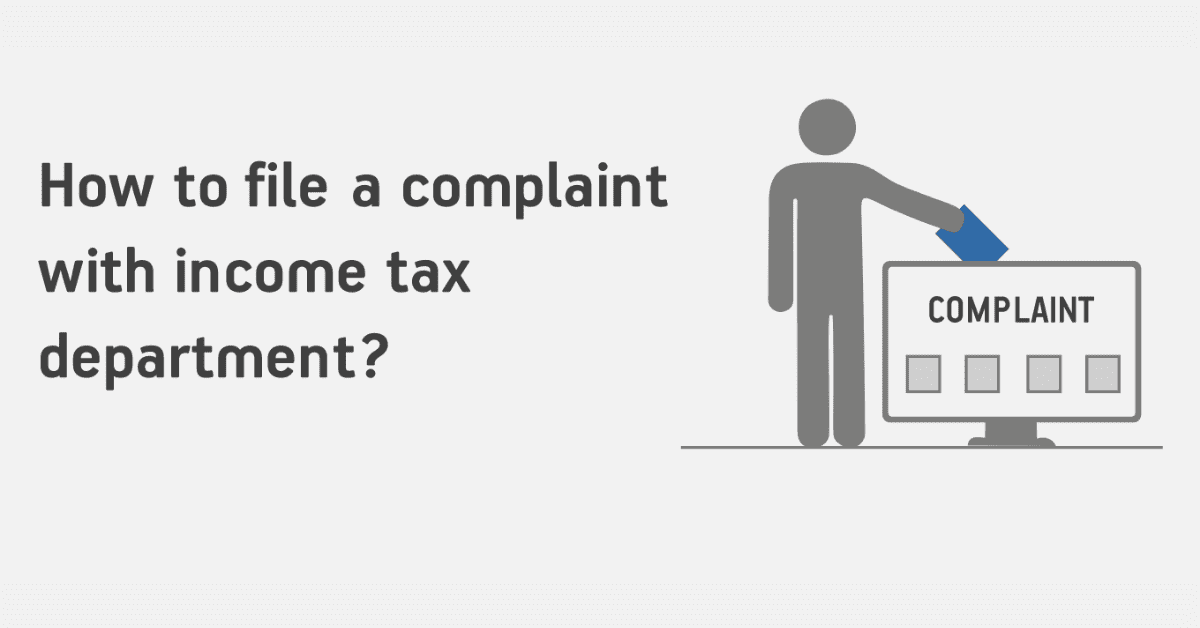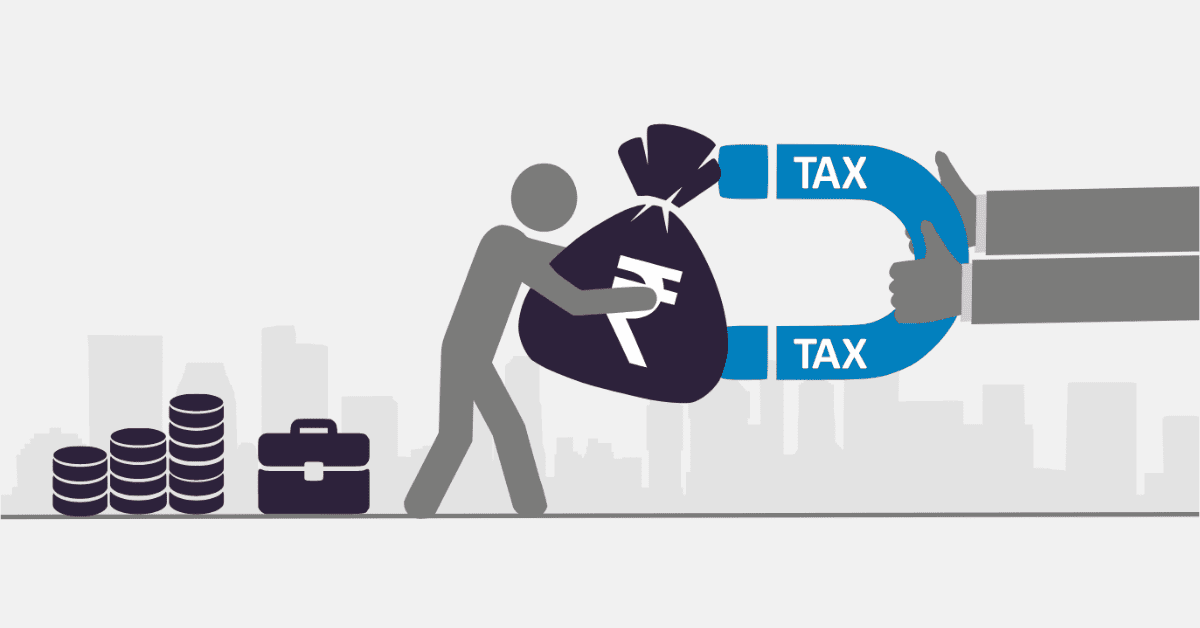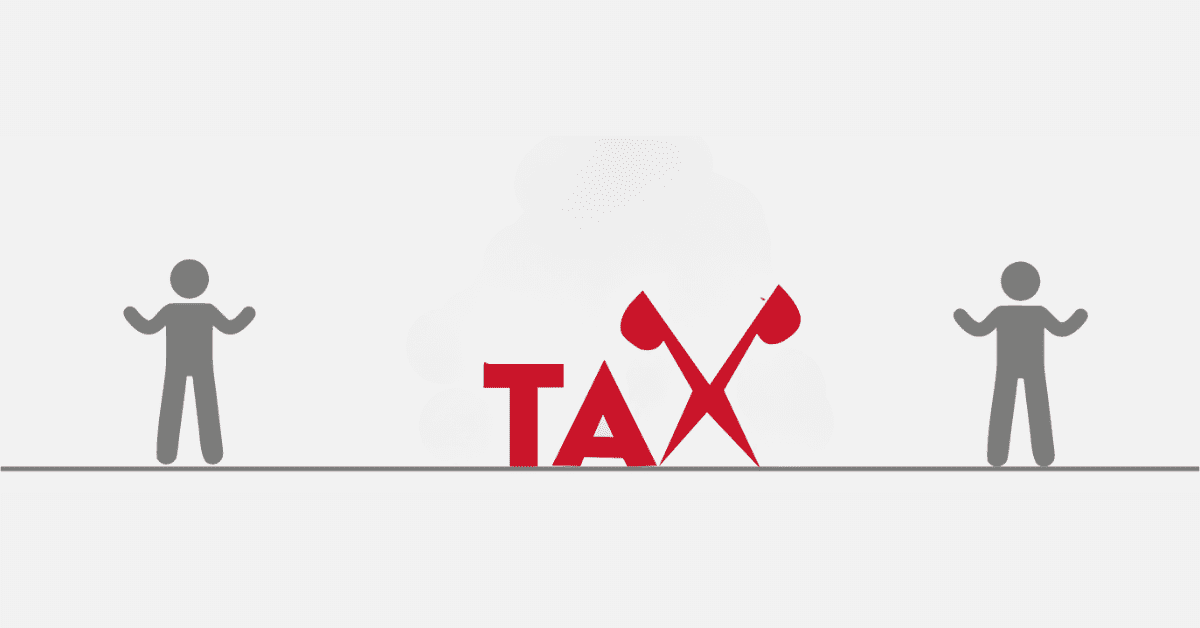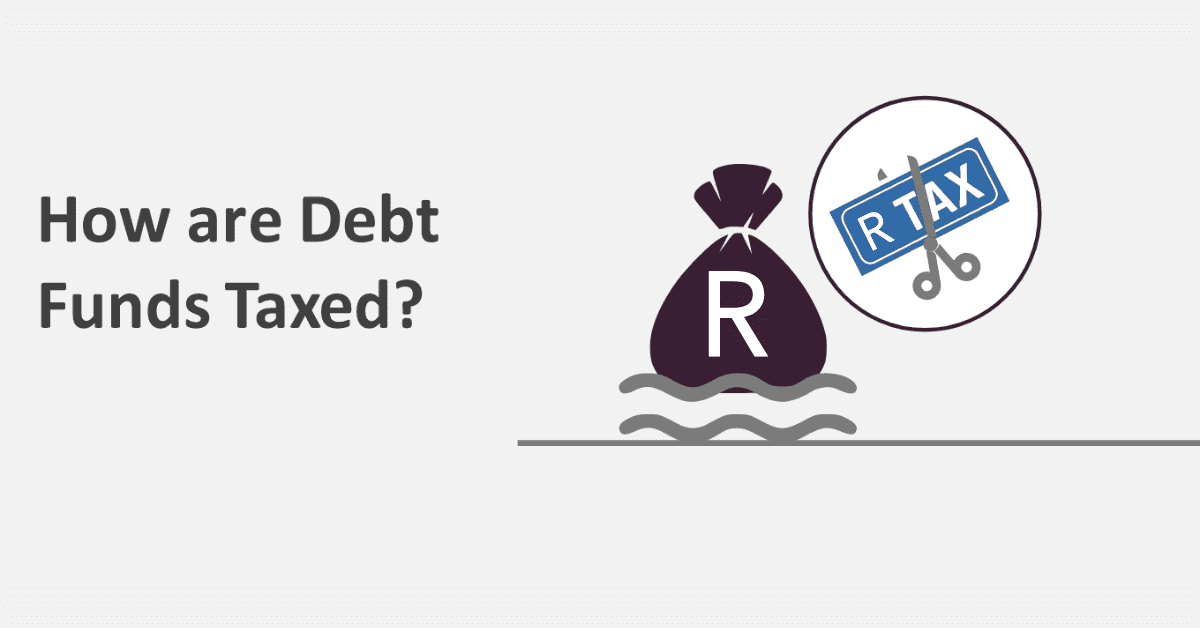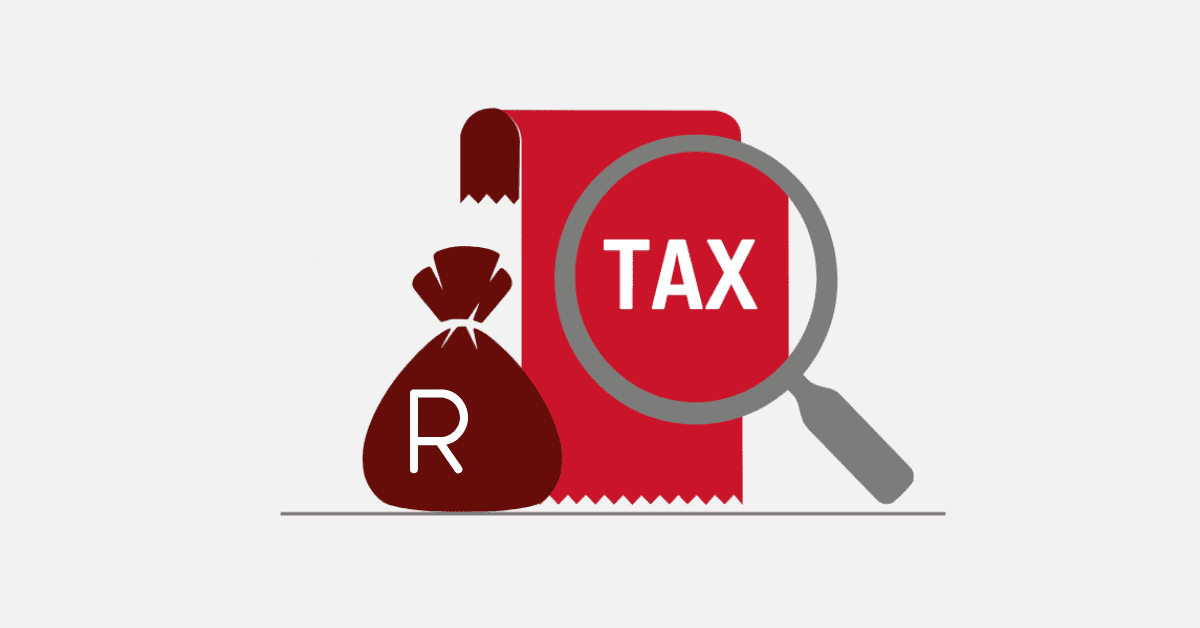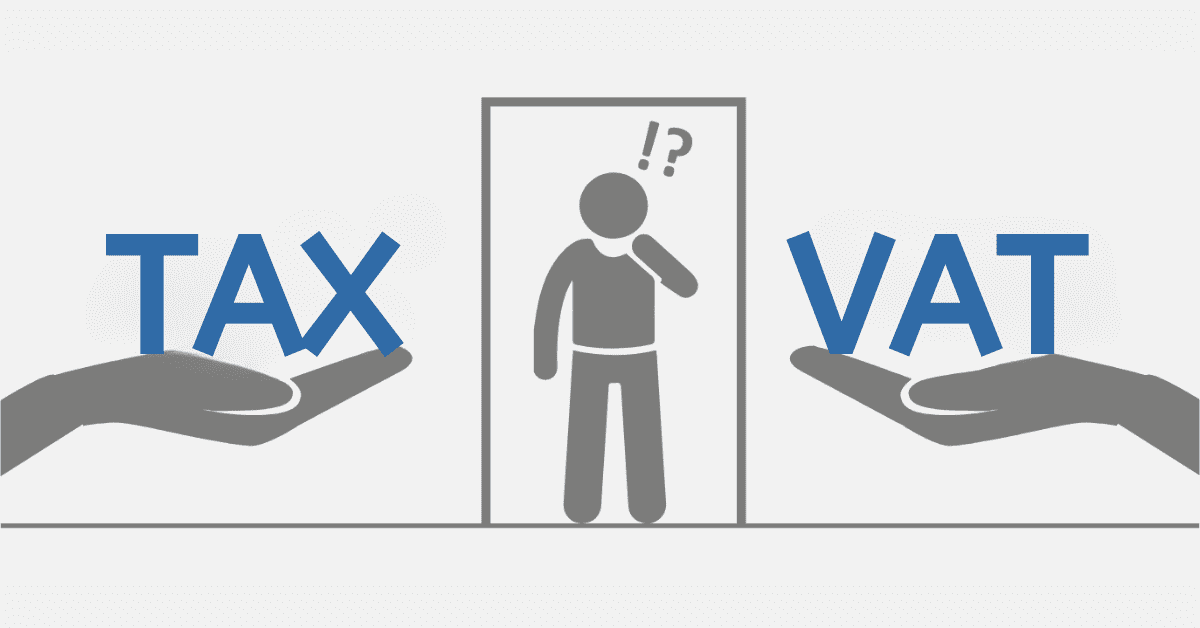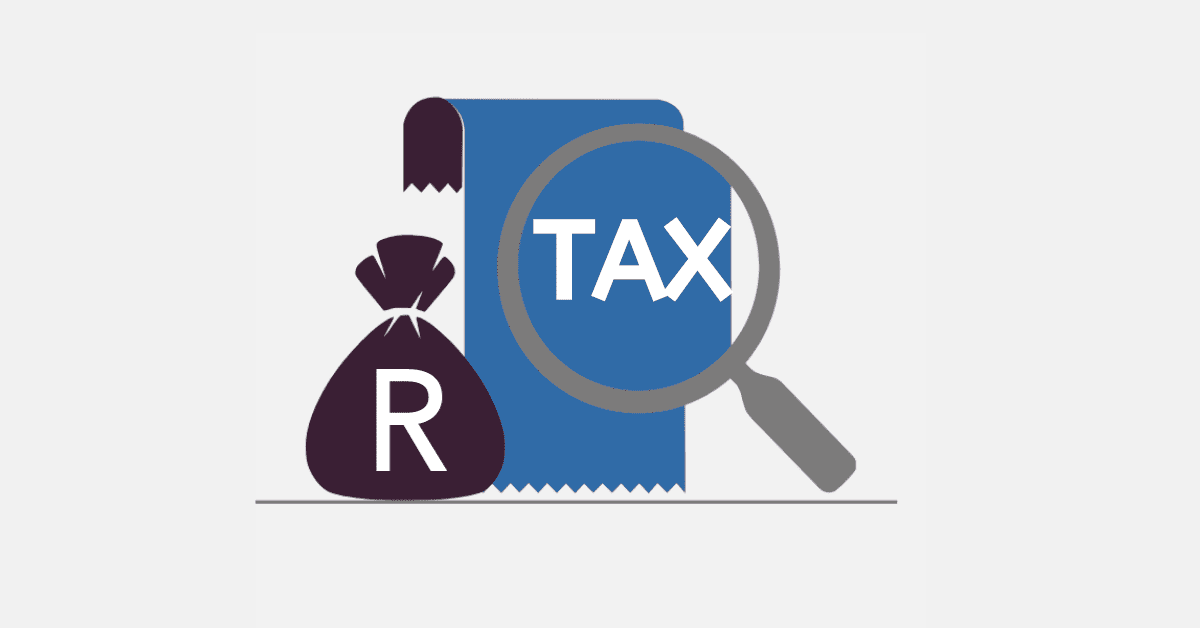Inheriting property is a major life event, but it may also bring along certain tax considerations, particularly regarding capital gains tax. When you inherit property in South Africa, you may wonder how to avoid or minimize CGT while ensuring a smooth transition of assets. This guide explores strategies to avoid paying capital gains tax on inherited property, the threshold for tax-free inheritances, how CGT is calculated in a deceased estate, and what costs can be deducted from CGT. Additionally, we’ll briefly touch on avoiding inheritance tax in South Africa.
How Can I Avoid Paying Capital Gains Tax on an Inherited Property
Dodging capital gains tax on inherited property in South Africa can be tricky, but you can use strategies to shrink its effect:
- Exemption for Primary Residence: If the property you’ve inherited was the deceased person’s primary home, it might qualify for a capital gains tax exemption up to a specific limit. As of the 2025 tax year, the first R2 million of any capital gain or loss on the primary residence is disregarded for CGT purposes.
- Annual Exclusion Utilization: In South Africa, there’s a helpful tool called the annual exclusion for capital gains, and it can make a difference. For the tax year 2025, this exclusion stands at R40,000 for individuals and R80,000 for eligible couples. If the capital gain from the inherited property falls below this limit, it might not be subject to CGT.
- Hold onto the Property: CGT is triggered when you dispose of an asset, which includes selling or giving it away. If you keep the inherited property without selling it, you won’t activate CGT until you decide to part with it.
- Make It the Primary Residence: Another smart move is to enter the inherited property and establish it as your primary residence. This means that when you eventually sell it, you can take advantage of the primary residence exclusion we mentioned earlier.
- Consider a Trust: Transferring the inherited property to a trust may have CGT advantages, but this should be done carefully and with the assistance of a tax advisor due to specific anti-avoidance measures in place.
- Tax Pro Consultation: Tax-based laws may be complex. Consulting with a tax professional specializing in property and CGT can help you navigate the best strategy for your situation.
How Much Can You Inherit Tax-Free in South Africa?
In South Africa, there is no specific inheritance tax. Instead, individuals may be subject to CGT on the disposal of inherited assets, including property. However, exclusions and thresholds in place can make a significant portion of an inheritance
How Is CGT Calculated in the Deceased Estate?
CGT in a deceased estate is calculated based on the capital gain or loss arising from the disposal of assets. The calculation involves determining the difference between the proceeds from the sale of assets and the base cost (the value at which the deceased originally acquired the asset). As mentioned, certain deductions and exclusions are applied to arrive at the final CGT liability.
What Charges Are Deducted from the Capital Gains Tax?
Certain costs can be deducted from the capital gain when calculating CGT in a deceased estate. These costs may include:
- Improvement Charges: If you’ve invested in improving the property, you can subtract these improvement costs from the capital gain. This covers renovation expenses, extensions, and enhancements that bump up the property’s original cost.
- Transfer Expenses: When transferring the property, don’t forget that expenses like legal fees and transfer duties can be subtracted, reducing your capital gains tax burden.
- Agent’s commission: If you used an estate agent to sell the property, their commission may be deducted.
- Advertising Charges: Expenses linked to advertising and marketing the property for sale can often be written off.
- Ownership Fees: While they may not directly chip away at the capital gain, don’t forget that costs like property taxes and maintenance expenses can help shrink that gain indirectly.
- Expert Charges: Payments to professionals like valuers or attorneys may also be eligible for deductions, lightening your capital gains tax load.
It’s essential to keep detailed records of these costs to support your CGT calculations and deductions.
How to Avoid Inheritance Tax in South Africa?
South Africa does not have a specific inheritance tax. Instead, CGT is applicable when you dispose of inherited assets, including property. Therefore, strategies to avoid inheritance tax in South Africa primarily revolve around minimizing CGT, as discussed earlier. Proper estate planning, utilizing exemptions, holding onto assets, and consulting with tax professionals can help minimize the tax impact on your inheritance.
In conclusion, inheriting property in South Africa can be complex, especially when considering CGT. While avoiding CGT may not be entirely possible, various strategies can help you minimize or even eliminate the tax liability on inherited property. These strategies include taking advantage of exemptions, holding the property, and seeking professional tax advice to ensure you make informed decisions that align with your financial goals and circumstances.
